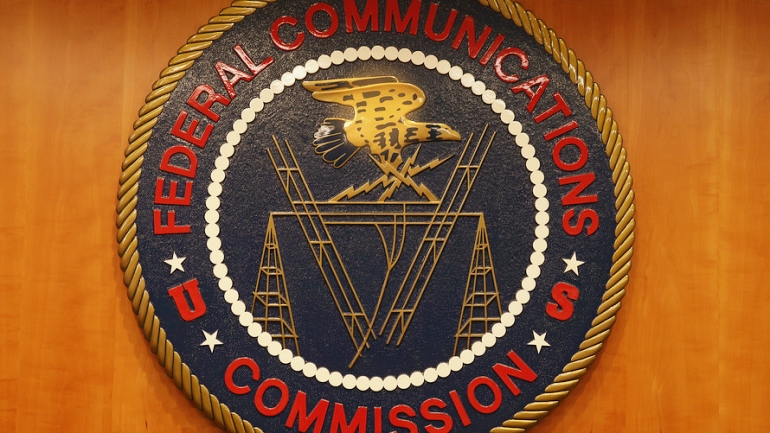The Federal Communications Commission (FCC) has announced the adoption of new rules banning malicious caller ID spoofing of text messages and foreign robocalls. The new regulations will allow the US federal government to carry out enforcement action against foreign businesses involved in deliberate spoofing, thus closing “a loophole in the law that prevented the agency from pursuing scammers sending spoofed text messages and international fraudsters making spoofed calls to Americans.”
According to the announcement, this resolution is the further implementation of amendments to the Truth in Caller ID Act of 2009 that “prohibits anyone from causing a caller ID service to knowingly transmit misleading or inaccurate caller ID information (“spoofing”) with the intent to defraud, cause harm, or wrongly obtain anything of value.” These rules have been put in place to counteract scammers operating in overseas call centers who often pretend to be calling from reliable companies. They use pressure tactics to trick and deceive American consumers in order to obtain money and valuable personal information.
However, until last year’s Congressional action, the Truth in Caller ID Act did not cover text messages or international calls. The new FCC rules will extend these prohibitions “to text messages, calls originating from outside the United States to recipients within the United States, and additional types of voice calls, such as one-way VoIP calls.”
FCC Chairman Ajit Pai pointed out that the passage of the new rules is part of several recent FCC efforts to combat malicious caller ID spoofing as well as illegal robocalls. This includes the implementation of a caller ID authentication framework named SHAKEN/STIR and a Further Notice of Proposed Rulemaking (FNPRM) on advanced methods to target and eliminate unlawful robocalls.
In an attempt to strengthen its anti-spoofing efforts, the Commission has also authorized service providers to offer robocall blocking services by default, and endorsed the creation of a database to reduce calls to reassigned numbers.
The amendments to the Truth in Caller ID rules should become effective in February 2020 or thirty days after publication in the Federal Register, whichever is later.







